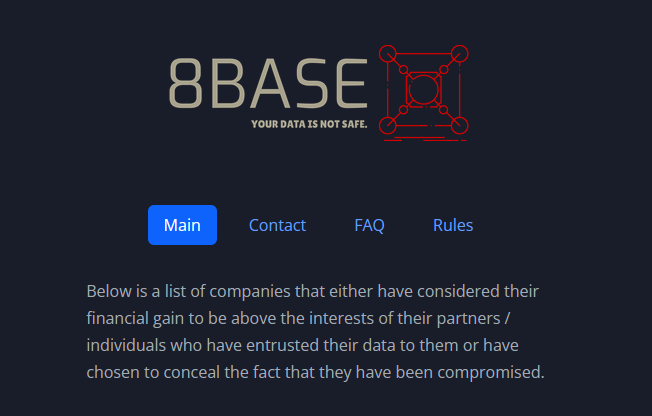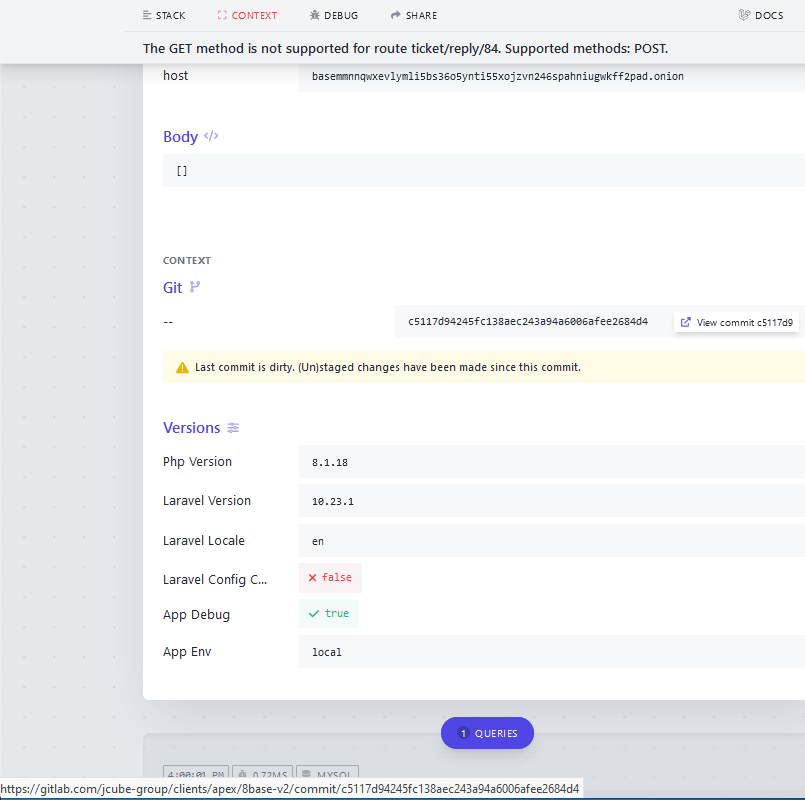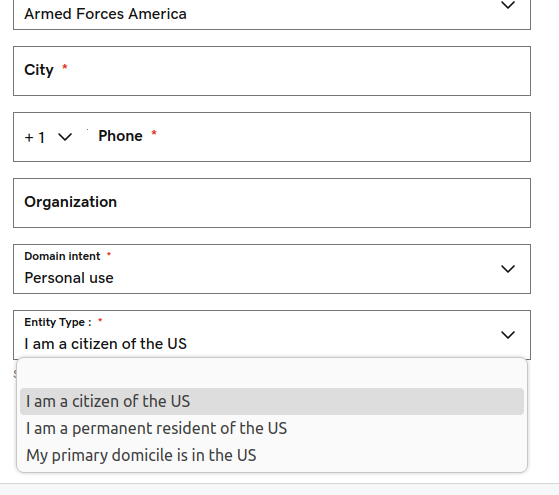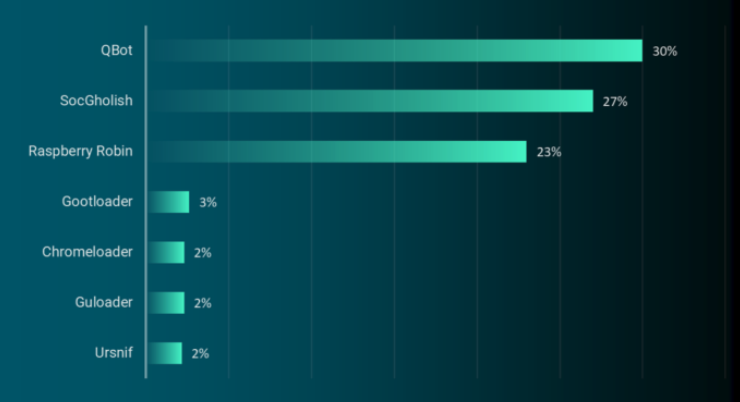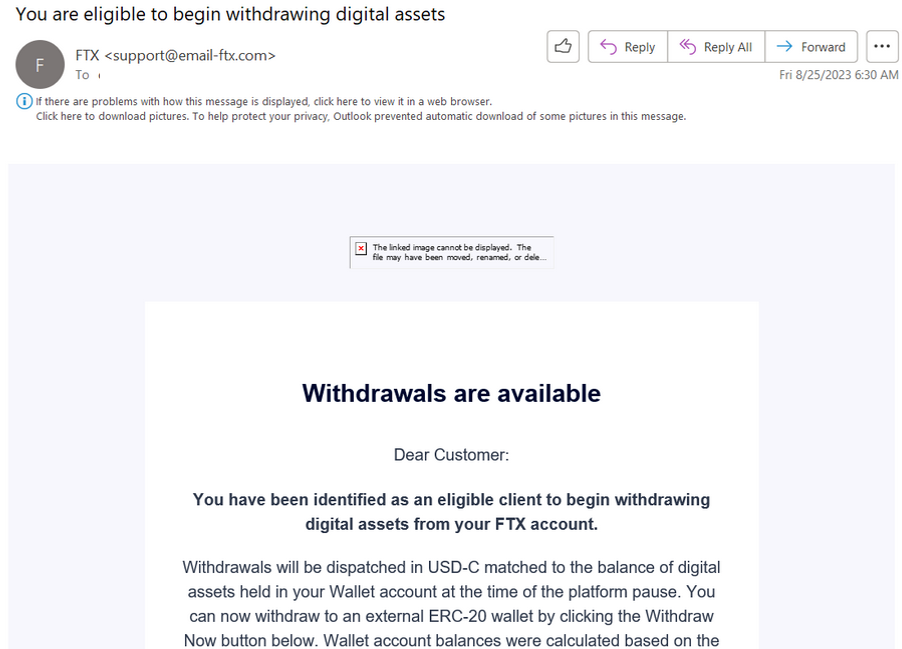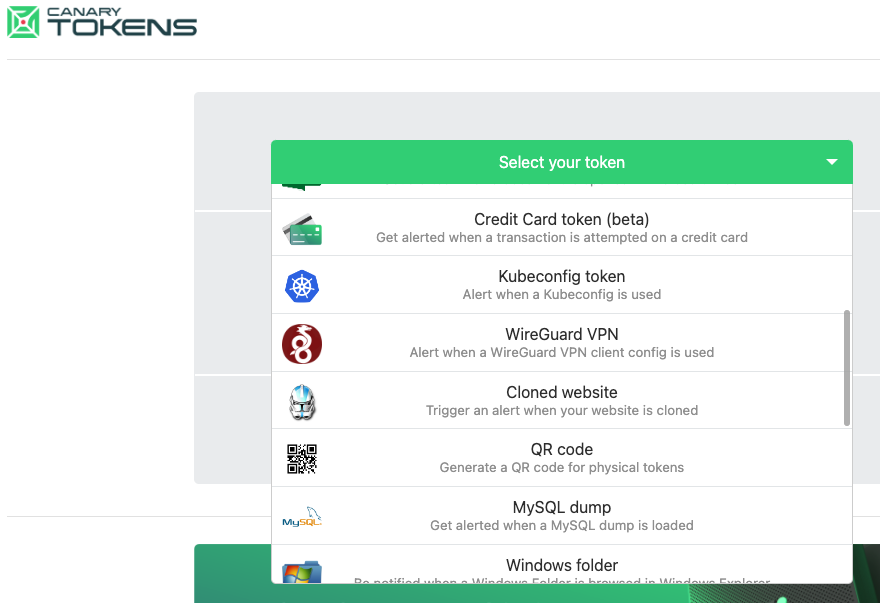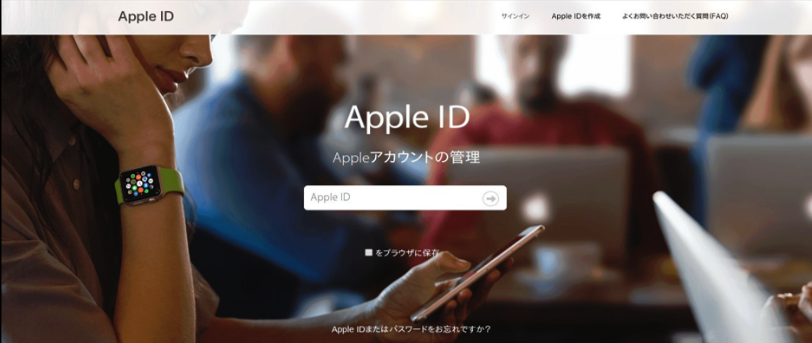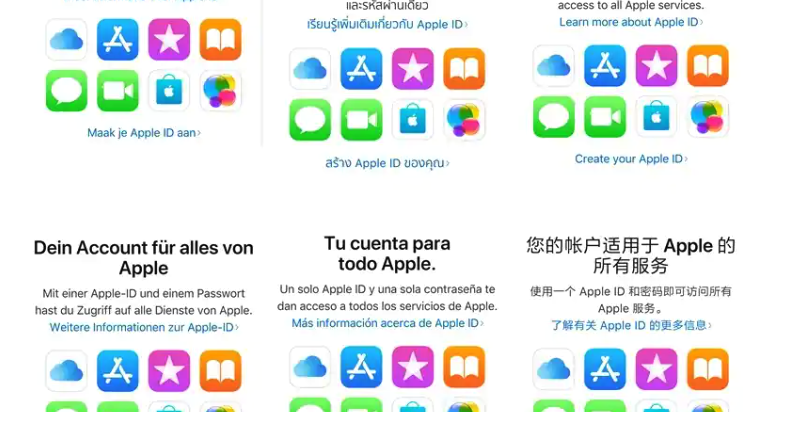In November 2022, the password manager service LastPass disclosed a breach in which hackers stole password vaults containing both encrypted and plaintext data for more than 25 million users. Since then, a steady trickle of six-figure cryptocurrency heists targeting security-conscious people throughout the tech industry has led some security experts to conclude that crooks likely have succeeded at cracking open some of the stolen LastPass vaults.
Taylor Monahan is lead product manager of MetaMask, a popular software cryptocurrency wallet used to interact with the Ethereum blockchain. Since late December 2022, Monahan and other researchers have identified a highly reliable set of clues that they say connect recent thefts targeting more than 150 people. Collectively, these individuals have been robbed of more than $35 million worth of crypto.
Monahan said virtually all of the victims she has assisted were longtime cryptocurrency investors, and security-minded individuals. Importantly, none appeared to have suffered the sorts of attacks that typically preface a high-dollar crypto heist, such as the compromise of one’s email and/or mobile phone accounts.
“The victim profile remains the most striking thing,” Monahan wrote. “They truly all are reasonably secure. They are also deeply integrated into this ecosystem, [including] employees of reputable crypto orgs, VCs [venture capitalists], people who built DeFi protocols, deploy contracts, run full nodes.”
Monahan has been documenting the crypto thefts via Twitter/X since March 2023, frequently expressing frustration in the search for a common cause among the victims. Then on Aug. 28, Monahan said she’d concluded that the common thread among nearly every victim was that they’d previously used LastPass to store their “seed phrase,” the private key needed to unlock access to their cryptocurrency investments.

MetaMask owner Taylor Monahan on Twitter. Image: twitter.com/tayvano_
Armed with your secret seed phrase, anyone can instantly access all of the cryptocurrency holdings tied to that cryptographic key, and move the funds to anywhere they like.
Which is why the best practice for many cybersecurity enthusiasts has long been to store their seed phrases either in some type of encrypted container — such as a password manager — or else inside an offline, special-purpose hardware encryption device, such as a Trezor or Ledger wallet.
“The seed phrase is literally the money,” said Nick Bax, director of analytics at Unciphered, a cryptocurrency wallet recovery company. “If you have my seed phrase, you can copy and paste that into your wallet, and then you can see all my accounts. And you can transfer my funds.”
Bax said he closely reviewed the massive trove of cryptocurrency theft data that Taylor Monahan and others have collected and linked together.
“It’s one of the broadest and most complex cryptocurrency investigations I’ve ever seen,” Bax said. “I ran my own analysis on top of their data and reached the same conclusion that Taylor reported. The threat actor moved stolen funds from multiple victims to the same blockchain addresses, making it possible to strongly link those victims.”
Bax, Monahan and others interviewed for this story say they’ve identified a unique signature that links the theft of more than $35 million in crypto from more than 150 confirmed victims, with roughly two to five high-dollar heists happening each month since December 2022.
KrebsOnSecurity has reviewed this signature but is not publishing it at the request of Monahan and other researchers, who say doing so could cause the attackers to alter their operations in ways that make their criminal activity more difficult to track.
But the researchers have published findings about the dramatic similarities in the ways that victim funds were stolen and laundered through specific cryptocurrency exchanges. They also learned the attackers frequently grouped together victims by sending their cryptocurrencies to the same destination crypto wallet.

A graphic published by @tayvano_ on Twitter depicting the movement of stolen cryptocurrencies from victims who used LastPass to store their crypto seed phrases.
By identifying points of overlap in these destination addresses, the researchers were then able to track down and interview new victims. For example, the researchers said their methodology identified a recent multi-million dollar crypto heist victim as an employee at Chainalysis, a blockchain analysis firm that works closely with law enforcement agencies to help track down cybercriminals and money launderers.
Chainalysis confirmed that the employee had suffered a high-dollar cryptocurrency heist late last month, but otherwise declined to comment for this story.
Bax said the only obvious commonality between the victims who agreed to be interviewed was that they had stored the seed phrases for their cryptocurrency wallets in LastPass.
“On top of the overlapping indicators of compromise, there are more circumstantial behavioral patterns and tradecraft which are also consistent between different thefts and support the conclusion,” Bax told KrebsOnSecuirty. “I’m confident enough that this is a real problem that I’ve been urging my friends and family who use LastPass to change all of their passwords and migrate any crypto that may have been exposed, despite knowing full well how tedious that is.”
LastPass declined to answer questions about the research highlighted in this story, citing an ongoing law enforcement investigation and pending litigation against the company in response to its 2022 data breach.
“Last year’s incident remains the subject of an ongoing investigation by law enforcement and is also the subject of pending litigation,” LastPass said in a written statement provided to KrebsOnSecurity. “Since last year’s attack on LastPass, we have remained in contact with law enforcement and continue to do so.”
Their statement continues:
“We have shared various technical information, Indicators of Compromise (IOCs), and threat actor tactics, techniques, and procedures (TTPs) with our law enforcement contacts as well as our internal and external threat intelligence and forensic partners in an effort to try and help identify the parties responsible. In the meantime, we encourage any security researchers to share any useful information they believe they may have with our Threat Intelligence team by contacting securitydisclosure@lastpass.com.” Continue reading →
